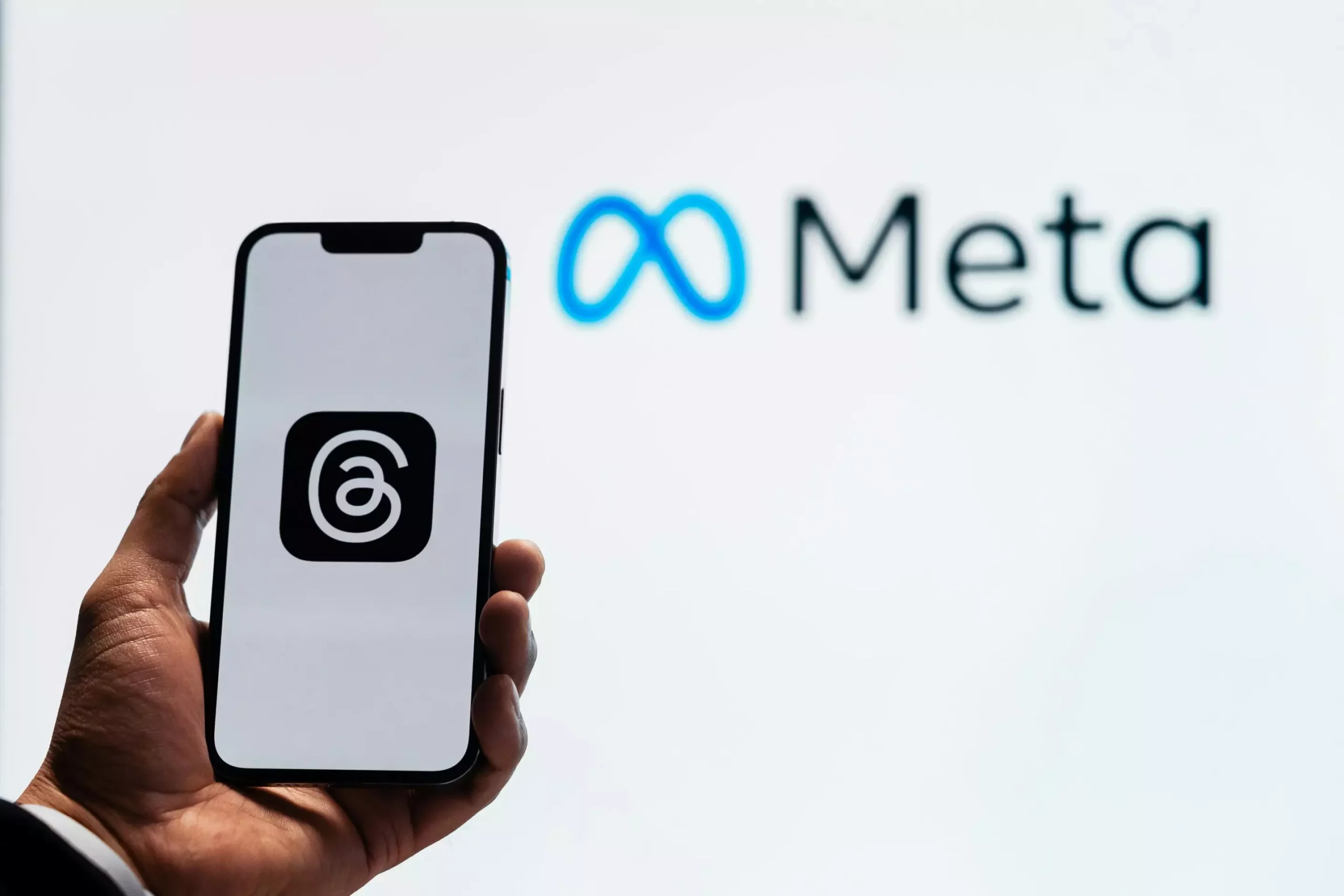The ongoing debate in the realm of artificial intelligence revolves around the choice between open-source and closed-source AI technologies. Companies are divided on whether to keep their datasets and algorithms private or to make them publicly accessible. The recent move by Meta, Facebook’s parent company, to release a collection of large AI models signals a strong advocacy for open-source AI.
Ethical Implications of Closed-Source AI
Closed-source AI models, characterized by proprietary datasets and confidential algorithms, pose various ethical challenges. While they enable companies to safeguard their intellectual property and profits, they come at the cost of transparency and accountability. The lack of external scrutiny associated with closed-source AI hinders the achievement of ethical frameworks that promote fairness, transparency, and human oversight in AI systems.
On the other hand, open-source AI models offer transparency, community collaboration, and rapid development. By making the code and dataset available to the public, open-source AI fosters inclusivity and innovation. Smaller organizations and individuals have the opportunity to participate in AI development, alleviating the cost barriers associated with training large AI models.
The Impact of Meta’s Open-Source AI Initiative
Meta’s introduction of Llama 3.1 405B, touted as the largest open-source AI model in history, signifies a significant milestone in advancing digital intelligence. While the model demonstrates competitiveness in certain tasks compared to closed-source counterparts, the absence of the training dataset raises concerns about full transparency. Nonetheless, Meta’s initiative levels the playing field for researchers, startups, and small organizations, reducing the entry barriers to AI development.
To ensure the democratization of AI, three key pillars need to be established: governance, accessibility, and openness. Regulatory frameworks, affordable computing resources, and open access to datasets and algorithms are essential components in creating a responsible and inclusive AI environment. Collaboration among government, industry, academia, and the public is crucial in upholding these pillars and advocating for ethical AI practices.
Although open-source AI promotes transparency and collaboration, it also introduces new risks and ethical dilemmas. Quality control in open-source products tends to be lower, making them susceptible to cyberattacks and malicious customization. Striking a balance between protecting intellectual property and fostering innovation in open-source AI remains a critical challenge that requires careful consideration.
As the AI landscape continues to evolve, addressing key questions surrounding open-source AI becomes imperative. Finding ways to mitigate ethical concerns, prevent misuse, and ensure inclusivity in AI development are essential steps in shaping a future where AI serves the greater good. The responsibility lies not only with government and industry but also with the public, who play a vital role in advocating for ethical AI practices and supporting open-source initiatives. The decision we make today will determine whether AI becomes a tool for exclusion and control or a force for positive change in society. The future of AI is in our hands, and it is crucial that we rise to the challenge and steer it towards a path that benefits all.


Leave a Reply